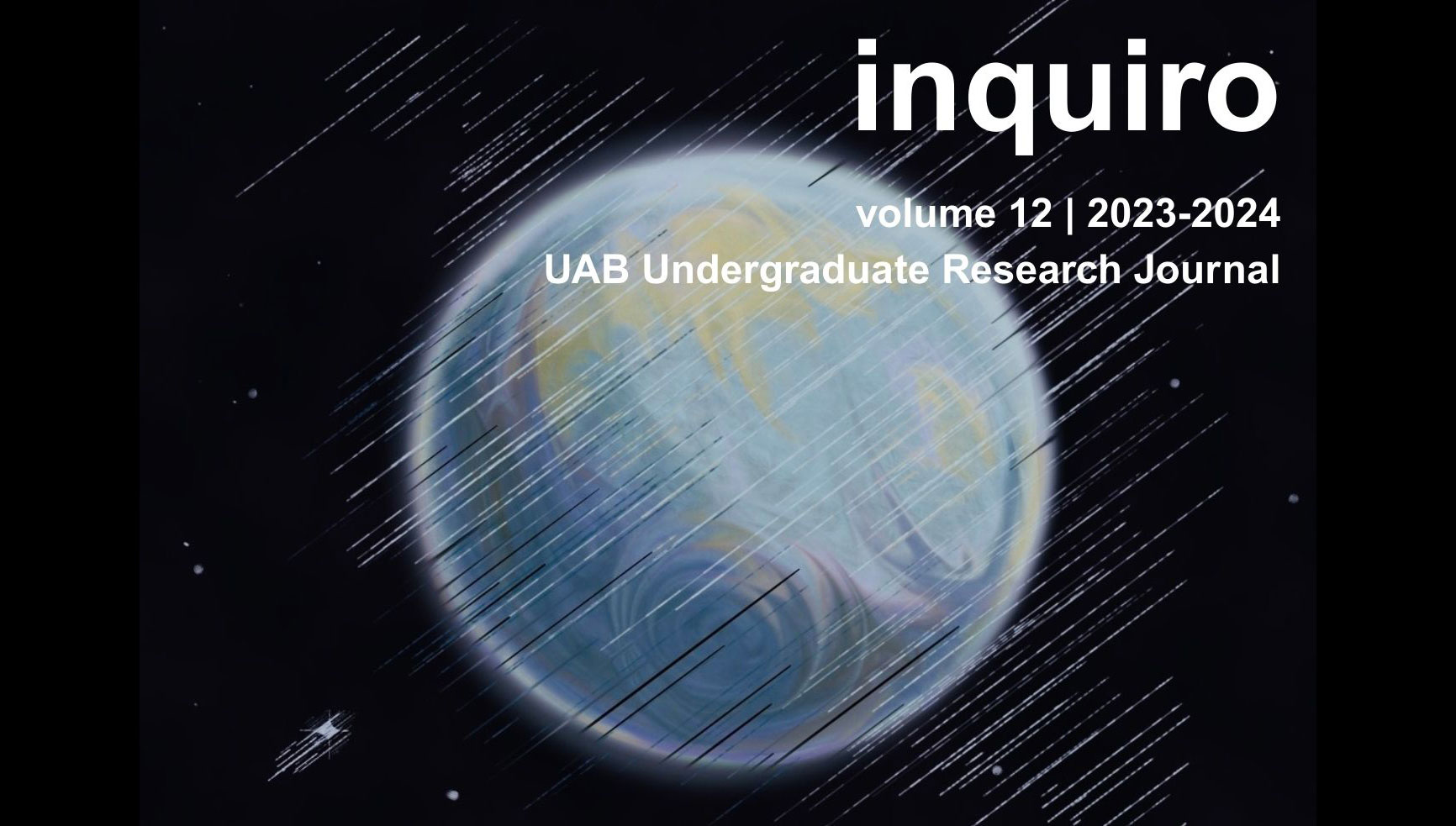Research is an integral core to the maintenance and progression of our world. Fueled by curiosity and tempered by patience, it is the very vessel for the innovation that builds the tomorrow we shall inherit.
Take a moment to pause and look around you. The stranger analyzing the micro-expressions of their friend in a conversation. The stress-modeled arch framing the main entrance. The cellist probing the harmonics of Le Cygne. The prosthetic arm being calibrated for optimized neuromotor precision. Whether noticeable or not, the efforts of experimentation have always been a part of our daily routines and spirit. A part that is crucial for our society and the world as a whole to survive and thrive.
The grasp of research continues to touch all the nooks and crannies of our world. From the arts to the sciences to the businesses to the laws. Fulfilling the unwavering persistence of inquisition, it further promotes the basic human capabilities of critical thinking, collaboration, creativity, and the spread of one of humanity's greatest treasures, knowledge, a value preserved in the legacy of the Library of Alexandria.
This is why inquiro exists. With the honor of steering the journal, we offer the undergraduate scholars of UAB a platform to present the critical insights they have explored, crafted, and refined from across disciplines and perspectives. And so, we now present to you the 12th volume of inquiro, a collection of 5 valuable works bridging curiosity with impact on an international range. Having made it through the well-established rigor of inquiro’s review cycle with their capabilities and genuine efforts, we have no doubt in their ability to contribute and advance our society for the better.
While this volume particularly highlights advances in neuroscience and psychology, it is our mission to continue providing a stage for our undergraduates to step confidently into their professional fields in an expanding range of disciplines and innovations. For whether one is studying the roles of leadership in organizational psychology, exploring the intertwined compositions in music theory, designing innovations that balance the ethics in artificial intelligence, or scouting for the cure of life-threatening diseases in healthcare, each inquiry offers a meaningful contribution to our world.
To conclude, we extend our deepest gratitude to a variety of individuals who have made this volume possible. Firstly, a huge thank you to Karim Mikhail and Craig Peters for handing over the torch of being Editors-in-Chief to us. It is their experience, guidance, and advice that has allowed us to navigate these seats we were given. We also wish to highlight the continued support and integral role of our faculty advisors, Dr. Mark Bevensee and Mr. Gareth Jones, as well as the Honors College and Office of Service Learning and Undergraduate Research, without whom inquiro and its progression would simply not be possible. It is an honor to welcome Dr. Kevin Fontaine, Assistant Dean of the UAB Honors College, who will be assuming a role as the advisor of this publication in place of Dr. Bevensee for upcoming editions. We further extend our appreciation to our incredible faculty and student reviewers who continue to maintain the rigor of research with their feedback and expertise through multiple rounds of revisions. Of course, we could not be more grateful for our entire editorial board that never fails to support the cultivation of inquiro with their time, efforts, ideas, and genuine love for research. A kind thank you to the students that submitted their impressive art works for our volume cover. And lastly, we thank the authors who have trusted us to channel their critical contributions. It is the dedication and insights of each of these individuals as well as you, our reader, that make this journal possible and allow inquiro to uphold the rigor and integrity of meaningful scholarship.
A final reminder. Do not dismiss the cultivation of two tools you were born with: curiosity and knowledge. They are capable of sculpting our world far more than you may realize.
Sincerely,
Co-Chief Editors
Tamanna Patel and Rishab Samant
2023-2024
